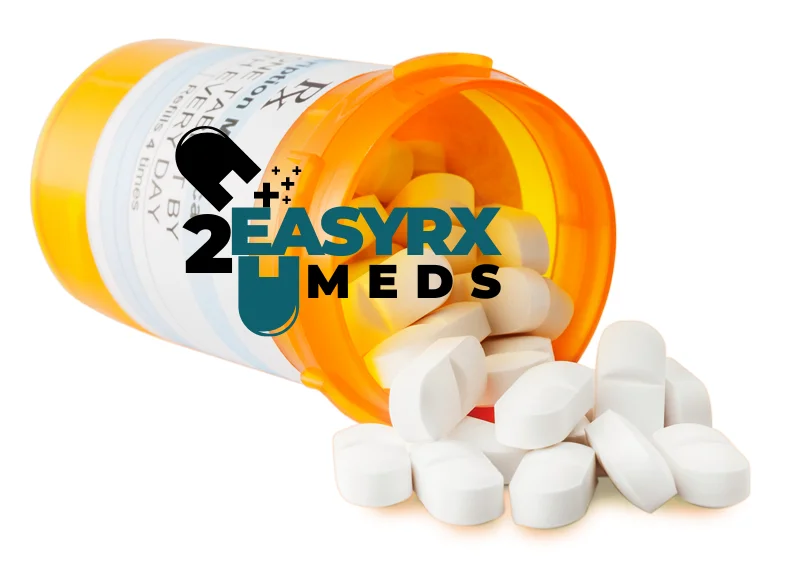What do you know about Phenelzine?
Phenelzine dosage is a type of antidepressant medication classified as a monoamine oxidase inhibitor (MAOI). It is primarily used to treat major depressive disorder (MDD), particularly when other types of antidepressants, like selective serotonin reuptake inhibitors (SSRIs) or tricyclic antidepressants (TCAs), are not effective.
Key Features of Phenelzine:
- Mechanism of Action: Phenelzine dosage works by inhibiting the enzyme monoamine oxidase (MAO). This enzyme breaks down neurotransmitters such as serotonin, norepinephrine, and dopamine in the brain. By inhibiting MAO, phenelzine increases the levels of these neurotransmitters, which can help improve mood and reduce depressive symptoms.
- Uses:
- Major Depressive Disorder (MDD): Often prescribed for treatment-resistant depression.
- Atypical Depression: A subtype of depression characterized by mood reactivity, weight gain, excessive sleep, and sensitivity to rejection.
- Anxiety Disorders: It can also be used to treat some anxiety-related conditions, such as social anxiety disorder (SAD).
- Dietary Restrictions: Since MAOIs like phenelzine can interact with certain foods containing tyramine (such as aged cheeses, smoked meats, and fermented foods), patients need to follow a restricted diet to avoid hypertensive crises (a sudden dangerous increase in blood pressure).
- Side Effects:
- Common: Dizziness, dry mouth, fatigue, constipation, and weight gain.
- Serious: Hypertensive crisis (if dietary restrictions are not followed), serotonin syndrome (if combined with other serotonergic drugs), orthostatic hypotension, and liver toxicity.
- Drug Interactions: Phenelzine dosage interacts with a variety of medications, including SSRIs, SNRIs, other MAOIs, certain pain medications (like tramadol and meperidine), and over-the-counter decongestants. These combinations can lead to severe complications, such as serotonin syndrome or high blood pressure.
- Discontinuation: Stopping phenelzine suddenly can lead to withdrawal symptoms, so it must be tapered off gradually under medical supervision.
Due to its dietary and drug interaction profile, phenelzine is usually considered when other antidepressants have not worked, or for patients with atypical or treatment-resistant forms of depression.
Benefits:
1. Effective for Treatment-Resistant Depression
- Phenelzine dosage is often prescribed when other antidepressants (like SSRIs or SNRIs) have failed. It’s especially useful for people with treatment-resistant depression, meaning they haven’t had adequate relief with other medications.
2. Effective in Treating Atypical Depression
- Atypical depression, which involves mood reactivity, weight gain, hypersomnia (excessive sleep), and sensitivity to rejection, often responds well to MAOIs like phenelzine. Many other antidepressants are less effective for this subtype of depression.
3. Benefits for Anxiety Disorders
- Phenelzine can be highly effective for anxiety disorders, particularly social anxiety disorder (SAD) and panic disorder. For some patients, it alleviates both the depressive and anxious symptoms simultaneously.
4. Long-Lasting Relief
- Once effective, phenelzine tends to offer sustained relief from depression, reducing the frequency of depressive episodes in many patients. This can lead to improved functioning and quality of life over time.
5. Positive Effects on Neurotransmitter Balance
- By inhibiting monoamine oxidase, phenelzine increases the availability of key neurotransmitters like serotonin, norepinephrine, and dopamine. These are crucial for regulating mood, energy, and motivation, helping to reduce the core symptoms of depression and anxiety.


Reviews
There are no reviews yet.